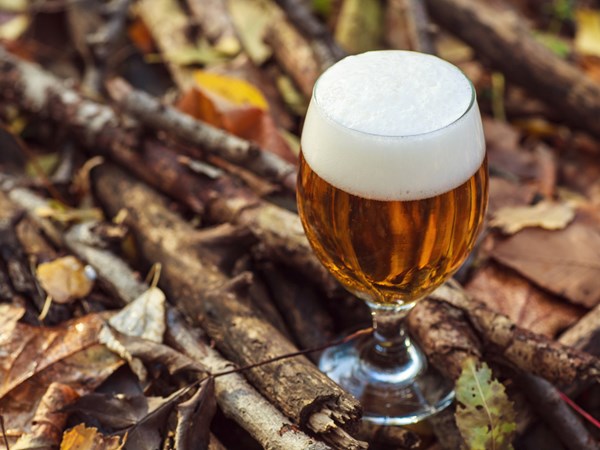New Year, New You
The celebrations have finished, pulled turkey made into a curry for the freezer, wrapping paper recycled, unwanted presents donated to charity or put on eBay. The house is tidy once again, but the feeling of overindulgence and bloated stomach persists.
Now all the holiday adverts are out, with slim, toned and suntanned models posing in the surf of an exotic destination - time to go in search of unrealistic unsustainable solutions to lose half a stone (or maybe more).
But it’s not easy to decide how best to safely lose weight for a new year and what to buy to make that happen. The Government has issued conflicting healthy eating advice over the years . . . Fat makes you fat, now carbs make you fat. Butter is bad, but spreads are worse. Sugar is bad but there again so are artificial sweeteners. Dark chocolate is fine but milk chocolate is not. Wine is good but only one glass every couple of days. Avocados? Eggs? Soya? Can’t remember what the advice on those are anymore.
The health service is overwhelmed by diet-related health catastrophes including heart disease, diabetes, strokes and tooth decay and the most recent national campaigns are linking obesity with cancer. Over-processed industrial scale food is making us sick and bombarded by ‘advice’, we simply don't know what to eat any more. A recent survey claimed that just under half of us are fed-up with healthy-eating advice from 'do-gooders' such as ministers and charitable organisations. 7 in 10 said the advice on binge drinking and cutting down on salt left them bewildered.
“In this country, food is seen as a burden” says the writer and food campaigner Joanna Blythman. “And, more than that, it's poisoning you, too. We are in a state of paralysis. We don't need more information about what's wrong with food; we need to find out what's right about it.”
The supermarkets and national retailers will be putting their diet products at the forefront of displays all through January. Customers will be able to opt for the newly branded slimming bars, shakes, tonics and meal replacements which all seem to contain an awful lot of E numbers. It is ridiculous to think that we spend £3bn on fast food and £3.6bn on chocolate a year and then fork out £2bn on diet products.
The best way to help customers through the confusing quick fix diet products, is to showcase the genuinely healthy natural produce and tasty options available. Beautiful displays of seasonal fruit and vegetables, herbal teas, freshly ground spices, lentils, beans and great non-alcoholic drinks. Independent retailers can help with recipes and menu suggestions for life affirming soups, stews and warming family meals. This means that instead of being faced with an unwholesome powdered meal replacement which is impossible to stick with over time, instead we can open the fridge or larder and be genuinely excited by the healthy possibilities open to us.
Sue Nelson




